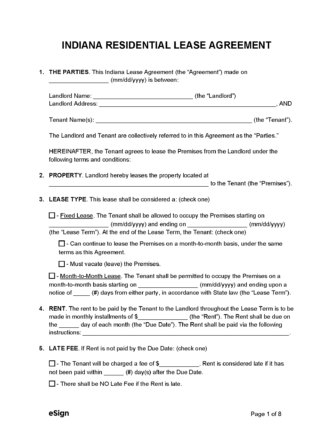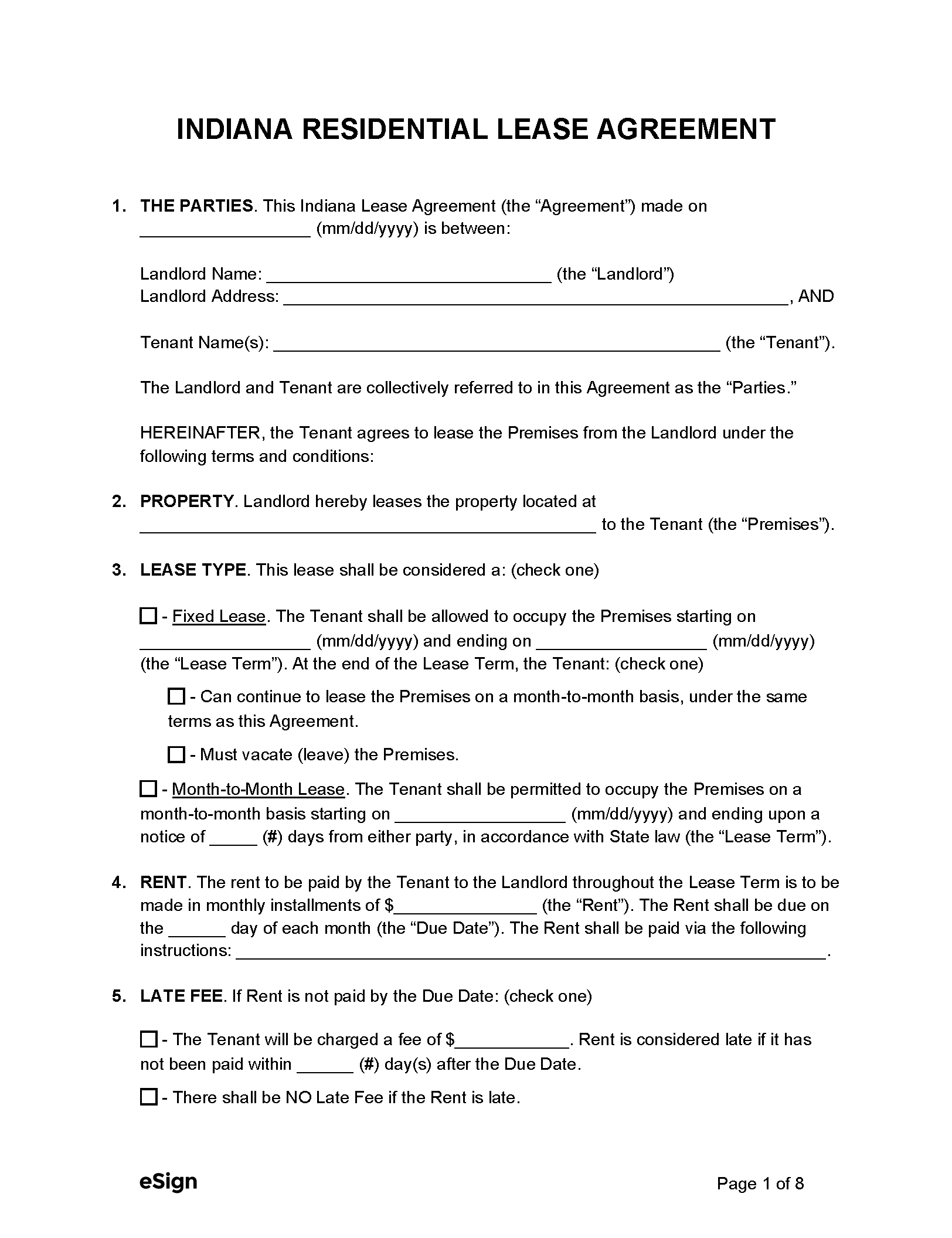Required Disclosures (5)
- Disclosure of Structure in Flood Plain – If the lowest floor or basement of a residence is located at or below 100-year frequency flood elevations, the landlord must disclose this to prospective tenants before a lease is signed.[1]
- Identification – Before executing a lease agreement, the landlord must disclose the name and address of an individual who is authorized to manage the property and a person who is authorized to receive/issue notices and demands.[2]
- Lead-Based Paint Disclosure (PDF) – The landlord must disclose the presence of lead-based paint to tenants if the rental property was constructed before 1978.[3]
- Smoke Detector – Landlords must have tenants acknowledge in writing the existence of functioning smoke detectors on the premises.[4]
- Water and Sewage – All water and sewage services must be disclosed to the tenant.[5]
Security Deposit Laws
- Maximum Amount ($) – No statutory limit.
- Returning to Tenant – 45 days.[6]
Rent Grace Period
Landlord Resources
- Landlord-Tenant Relations – Title 32, Art. 31
- Handbook (Guide) – Renting in Indiana – A Handbook for Tenants and Landlords

